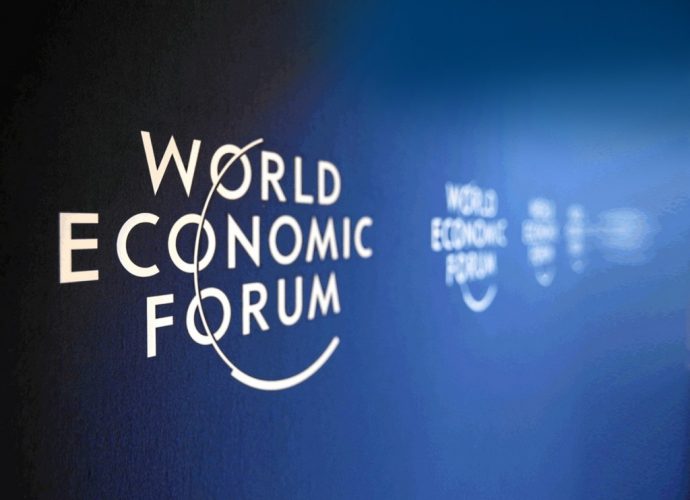The challenges and opportunities of the Fourth Industrial Revolution require a completely new approach to stakeholders.
The ethical principles that were set out for businesses in the first Davos Manifesto in 1973 can no longer adequately serve our economy or society. The model of “shareholder capitalism” that was embraced by most Western corporations did not position private corporations as trustees of society. As argued by Klaus Schwab, Founder and Executive Chairman of the World Economic Forum, “stakeholder capitalism” could be a much better response to today’s social and environmental challenges.
Here’s the main propositions of the new “Davos Manifesto”:
A. The purpose of a company is to engage all its stakeholders in shared and sustained value creation. In creating such value, a company serves not only its shareholders, but all its stakeholders – employees, customers, suppliers, local communities and society at large. The best way to understand and harmonize the divergent interests of all stakeholders is through a shared commitment to policies and decisions that strengthen the long-term prosperity of a company.
- A company serves its customers by providing a value proposition that best meets their needs. It accepts and supports fair competition and a level playing field. It has zero tolerance for corruption. It keeps the digital ecosystem in which it operates reliable and trustworthy. It makes customers fully aware of the functionality of its products and services, including adverse implications or negative externalities.
- A company treats its people with dignity and respect. It honours diversity and strives for continuous improvements in working conditions and employee well-being. In a world of rapid change, a company fosters continued employability through ongoing upskilling and reskilling.
- A company considers its suppliers as true partners in value creation. It provides a fair chance to new market entrants. It integrates respect for human rights into the entire supply chain.
- A company serves society at large through its activities, supports the communities in which it works, and pays its fair share of taxes. It ensures the safe, ethical and efficient use of data. It acts as a steward of the environmental and material universe for future generations. It consciously protects our biosphere and champions a circular, shared and regenerative economy. It continuously expands the frontiers of knowledge, innovation and technology to improve people’s well-being.
- A company provides its shareholders with a return on investment that takes into account the incurred entrepreneurial risks and the need for continuous innovation and sustained investments. It responsibly manages near-term, medium-term and long-term value creation in pursuit of sustainable shareholder returns that do not sacrifice the future for the present.
C. A company that has a multinational scope of activities not only serves all those stakeholders who are directly engaged, but acts itself as a stakeholder – together with governments and civil society – of our global future. Corporate global citizenship requires a company to harness its core competencies, its entrepreneurship, skills and relevant resources in collaborative efforts with other companies and stakeholders to improve the state of the world.
Klaus Schwab claims that business leaders should seize this moment to ensure that stakeholder capitalism remains a new dominant model. In accordance with the above principles of the new “Davos Manifesto,” companies are now expected to pay their fair share of taxes, show zero tolerance for corruption, uphold human rights throughout their global supply chains, and advocate for a competitive level playing field.
If you have found a spelling error, please, notify us by selecting that text and pressing Ctrl+Enter.











Thanks!
Our editors are notified.